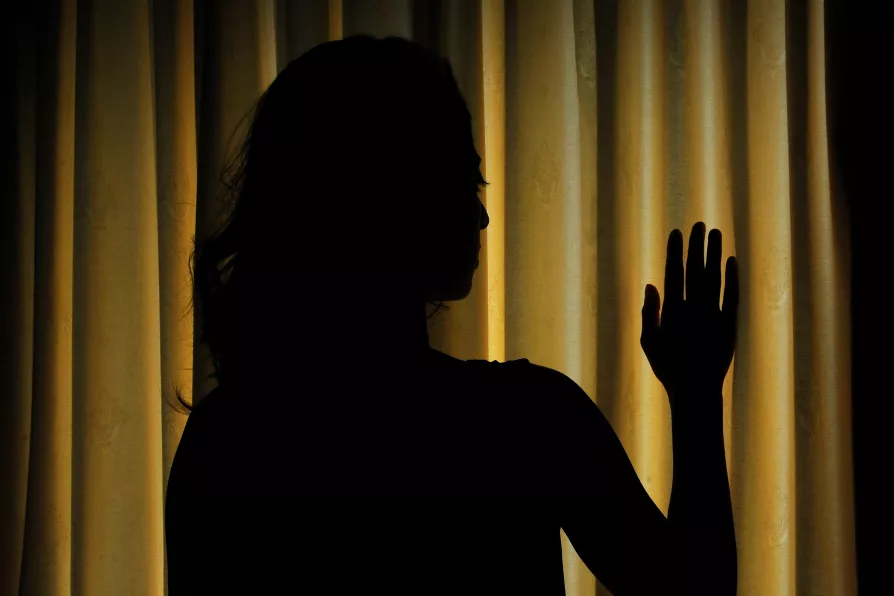Hundreds protested against the US-Israel attacks on Iran in Parliament Square on Saturday, fearing a wider conflagration and horrified by the targeting of young schoolchildren, writes LINDA PENTZ GUNTER

 A woman showing signs of depression (picture posed by a model)
A woman showing signs of depression (picture posed by a model)
IT WOULD be tempting to mark International Women’s Day as a day to celebrate women’s victories. That would be a mistake because even after 50 years of the Equal Pay Act & Sex Discrimination Act, working-class women in Britain cannot chalk up many victories.
Some have argued that women have made great progress in the 21st century, and thus they question whether it is necessary to continue the debate on women’s inequality.
Compared to previous centuries when women were the property of men and had no rights at all, it is clear that women’s status in many countries has improved, at least juridically — although it has gone backwards in others. However, apart from the right to vote and own property, equality for women as it now exists is based, by an unseen process of co-option, on the successes of a favoured few; for working-class women little has altered.

Sisters came together last weekend for the landmark launch of a new women’s group. ROS SITWELL reports

ROS SITWELL reports from the Morning Star conference on ‘Race, Sex and Class Liberation’ last weekend












